
A longer, 30-month treatment duration with bevacizumab did not improve outcomes over the standard 15-month treatment duration in patients with newly diagnosed ovarian cancer.

Your AI-Trained Oncology Knowledge Connection!


A longer, 30-month treatment duration with bevacizumab did not improve outcomes over the standard 15-month treatment duration in patients with newly diagnosed ovarian cancer.

A complete response letter from the FDA indicated that poziotinib as a treatment for non-small cell lung cancer harboring HER2 exon 20 insertion mutations cannot be approved in its current form.
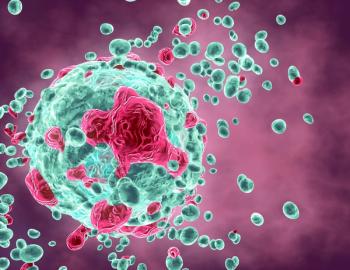
Data from the phase 2 CARTIFAN-1 study highlighted a favorable risk-benefit profile for a single infusion of ciltacabtagene autoleucel among patients with relapsed/refractory multiple myeloma.

Erica C. Nakajima, MD, discussed a pooled analysis analyzing immune checkpoint inhibitors with or without chemotherapy in the frontline treatment of patients with KRAS-mutated non-small cell lung cancer and PD-L1 expression.
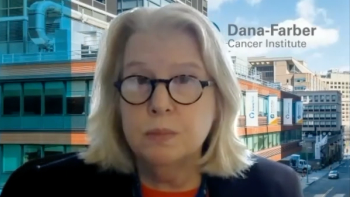
Ursula A. Matulonis, MD, spoke about the next steps for mirvetuximab soravtansine in the treatment of patients with folate receptor α–high platinum-resistant ovarian cancer.

From shortening treatment duration without compromising efficacy in breast and prostate cancer to improving quality of life, experts share the main takeaways from the 2022 ASTRO Annual Meeting.

Results from a phase 2 trial indicated that subgroups of patients with advanced or metastatic sarcoma may benefit from durvalumab plus tremelimumab, with data encouraging further evaluation in the population.

The appearance of circulating tumor DNA and androgen receptor aberrations yielded lower overall survival rates for patients with metastatic castration-sensitive prostate cancer during the phase 3 TITAN trial, according to Agarwal, MD.

According to Hurvitz, the findings of trials such as DESTINY-Breast04 and TROPiCS-02 shed light on potential new therapies for breast cancer, though more research is needed to address new agents and other unmet needs.
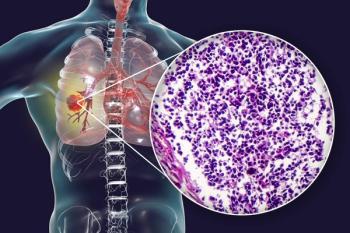
Early results from the phase 1/2 LUPER study indicated that lurbinectedin in combination with pembrolizumab demonstrated no unexpected toxicities and promising preliminary efficacy in the second line for patients with relapsed small cell lung cancer, according to Antonio Calles, MD.

According to an expert, more than 90% of patients with newly diagnosed transplant-ineligible multiple myeloma treated with daratumumab plus lenalidomide and dexamethasone will achieve some type of response.
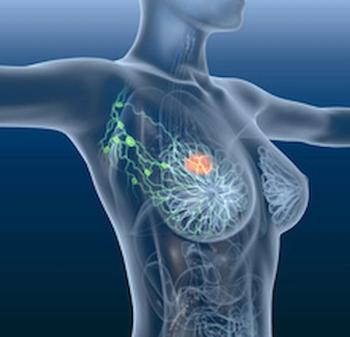
Income- and race-related disparities concerning supportive therapies for hormone receptor–positive breast cancer require further study to ensure equitable care and access for all patients, according to Melanie Wain Kier, MD, MBA.
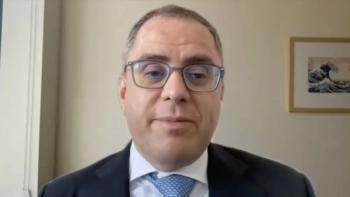
Future research into the management of unresectable hepatocellular carcinoma may involve combining local therapies with checkpoint inhibitors like durvalumab and tremelimumab, according to Ghassan K. Abou-Alda, MD.

Takayuki Yoshino, MD, PhD, spoke about the benefit of panitumumab vs bevacizumab in combination with mFOLFOX6 in the frontline treatment of patients with RAS wild-type metastatic colorectal cancer.

The European Commission’s approval of cemiplimab for recurrent or metastatic cervical cancer marks the first second-line immunotherapy option available for this patient population regardless of tumor histology.

Pooling data with other radiation trials, looking more closely at central non-small cell lung cancer, and exploring secondary outcomes represent the next steps in terms of analyzing stereotactic body radiation (SBRT) vs conventional hypofractionated radiotherapy (CRT), according to Anand Swaminath, MD.
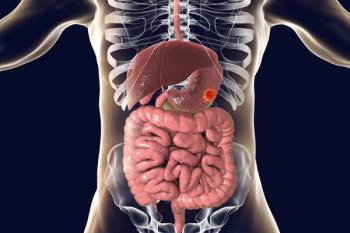
Pembrolizumab plus chemotherapy yielded a significant improvement in overall survival compared with placebo plus chemotherapy in patients with HER2-negative advanced or metastatic gastric or gastroesophageal junction adenocarcinoma.
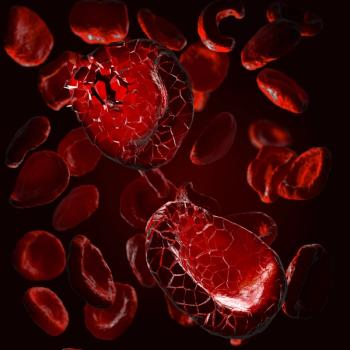
Real-world data show effective outcomes following ibrutinib and rituximab treatment in patients with relapsed/refractory mantle cell lymphoma with bone marrow involvement.
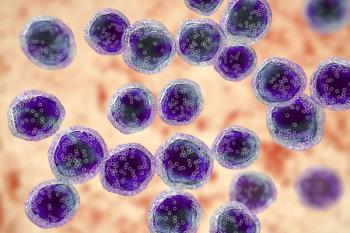
The FDA recommended that the marketing application for belantamab mafodotin-blmf for patients with previously treated relapsed/refractory multiple myeloma be withdrawn after determining that findings did not meet the requirements for accelerated approval.

The National Institute for Health and Care Excellence has given a positive opinion of mobocertinib as a treatment for previously treated advanced non-small cell lung cancer with EGFR exon 20 insertion mutations.
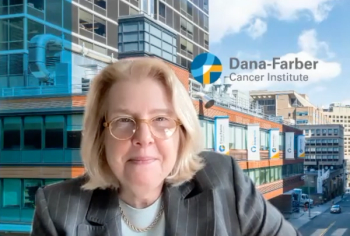
Ursula A. Matulonis, MD, discussued studies are being conducted assessing the use of mirvetuximab soravtansine in patients with folate receptor-α–positive platinum-resistant ovarian cancer.

Anand Swaminath, MD, reviews the design of the phase 3 LUSTRE trial comparing a 3-week conventional radiotherapy regimen with stereotactic body radiotherapy among patients with stage I medically inoperable non-small cell lung cancer.

Patients with relapsed/refractory large B-cell lymphoma may benefit from epcoritamab, which received priority review from the FDA.

Topline results from the phase 2 MIRAGE study indicated that patients with relapsed/refractory indolent B-cell non-Hodgkin lymphoma receiving zandelisib experienced an objective response rate of 75.4%.
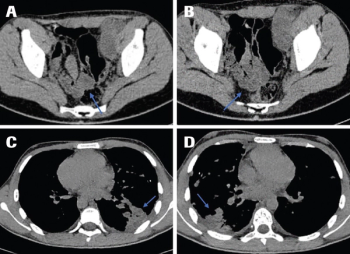
A systematic review of reported clinical cases and treatment strategies was performed to better understand the prognostic factors and to develop the best possible treatment option for a 16-year-old patient diagnosed with a malignant triton tumor in the lower extremity with distant metastases in the lungs.

Autologous tumor lysate–loaded dendritic cell vaccine plus standard-of-care therapy improved survival outcomes vs standard-of-care alone in newly diagnosed and recurrent glioblastoma.

Yancey Warren, Jr, MD, MAT, and colleagues investigate the use of integrative oncology services among young women with breast cancer.

Adjuvant capecitabine following concurrent chemoradiotherapy yielded higher failure-free survival rates compared with chemoradiotherapy alone in patients with locoregionally advanced nasopharyngeal carcinoma.
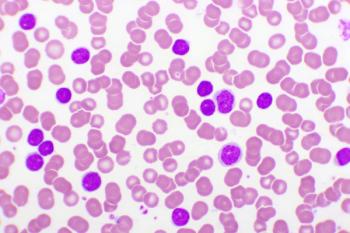
The European Commission based its approval of zanubrutinib for the management of chronic lymphocytic leukemia on data from the phase 3 SEQUOIA trial and the phase 3 ALPINE trial.

Centering discussion on clinical scenarios of urothelial carcinoma, expert oncologists review recent data and discuss how patient care is evolving.